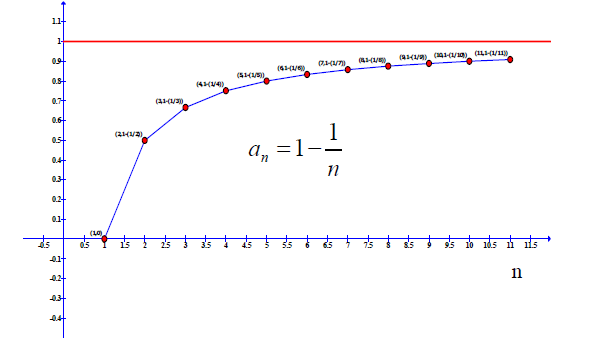Mathematics for Economists I

Learning Outcomes
Basic mathematical concepts such as sets, functions and introduction to differential – integral calculus and optimization theory (functions of one variable without limitations) are presented. Emphasis is placed on the understanding and use of mathematics in economic analysis and the development of model solving serving applications in the areas of economic science.
Upon successful completion of the course the student will be able to:
1) Knowledge
- understand concepts of economic theory using mathematical methods
2) Skills
- use of Excel for introductory level calculations and presentations
- use of mathematical methods in economic science (e.g. modeling)
3) Capabilities
- uses of different ways of thinking (e.g. inductive, productive) to develop specific problem-solving strategies
- presents technical results in a clear and comprehensible manner
Course Contents
- Sets, Numbers
- Functions
- Continuity, Introduction to limits, Introduction to the differentiation of univariate functions – Chain rule – Elasticity applications
- Indeterminate limits (L’Hôpital’s rule)
- The concept of differential, higher order derivatives, higher order differentials
- Function analysis using derivatives – Optimization (Maximization and minimization) of univariate functions
- Taylor approximation
- Economic applications
- Integration, Integration Methods, Definite, indefinite and generalized integrals
- Economic applications of integrals
- Sequences and series
- Convergence or divergence of series – Convergence criteria, Power Series
Teaching Activities
Lectures (4 hours per week) and Tutorials (2 hours per week)
Teaching Organization
|
Activity |
Semester workload |
| Lectures (4 hours per week x 13 weeks) |
52 hours |
| Tutorials (2 hours per week x 11 weeks) – solving of representative problems |
22 hours |
| Hours for private study |
126 hours |
| Total number of hours for the Course (25 hours of work-load per ECTS credit) |
200 hours (total student work-load) |
Assessment
The overall course grade is the sum of a) the final exam grade plus b) if taken, 25% percent of the mid-term exam grade will be added to the total grade subject to the final grade >=5
This holds only for the Jan/Feb exam
Use of ICT
- Support Learning through the e-class platform
- Using Excel and open source programs to plot functions


